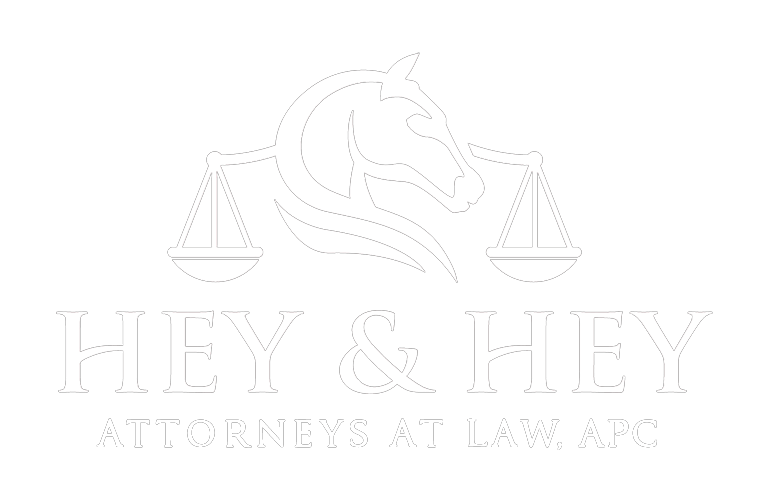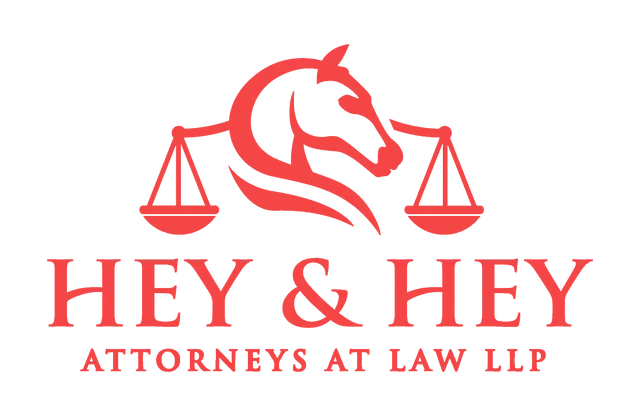Getting sued is never good news. However, the situation can escalate quickly if it involves your horse, facility, or equine business. Imagine selling your horse - the deal closes smoothly, but days later, the buyer falls, gets injured, and claims that the horse you sold was dangerous. Now, your business and livelihood are at stake. Whether it’s a lesson gone wrong, a dispute over a sale, or an injury at your boarding facility, equine lawsuits are serious. In California, you have 30 days to respond after being served. Miss that deadline, and you lose by default; the court won’t wait while you get your act together. If you’ve been served, it’s time to take action.
Step One: Stay Silent and Seek Legal Help
The moment you’re served, stop talking. Do not explain yourself to the buyer. Avoid defending yourself on social media. Refrain from venting to your trainer, barn staff, or friends. Anything you say, type, or post could be used against you.
Contact a lawyer who specializes in equine cases in California as soon as possible. You need someone who understands the legal system and the horse industry. Bring every document you have—contracts, waivers, emails, texts, vet records, invoices—anything that supports your case. No release of liability forms or clear agreements? That’s a challenge, but your attorney can navigate it.
Step Two: Act Fast and Stay Organized
The clock starts upon service—not when you open the papers. Don’t let them sit. Your lawyer needs time to respond, so gather your records.
Sale dispute? Gather the bill of sale and all texts or emails exchanged with the buyer. Lesson injury? Collect your signed release, lesson agreement, and incident reports. No documents? If you don’t have these, you’re not out of luck; however, your lawyer needs to know upfront.
Additional Tips to Keep You Out of Trouble
- Use written contracts for every transaction—boarding, leasing, selling, training. Verbal agreements falter in court.
- Always use a release of liability for anyone riding or handling horses on your property. If written correctly, these are enforceable in California.
- Keep communication professional and documented. Don’t text angry responses or post defensive statements online.
- Maintain clear records. If you run a business, you should have a system to track payments, contracts, injuries, and correspondence.
- Train your staff to report incidents immediately, and never make statements to clients about legal matters.
- Insurance matters. Ensure your liability policy covers your operations and that you understand what it does—and doesn’t—include.
Don’t assume that being in the right is enough. Court isn’t about fairness. It’s about evidence, procedure, and timing. If you fail to prepare, you prepare to lose.
If You’ve Been Sued, Don’t Wait
Lawsuits can threaten your business, your reputation, and your income. If you’re facing legal action over a horse-related issue, take it seriously from day one. The worst mistake you can make is waiting too long or trying to handle it alone.
Hey & Hey represents clients across California in equine-related legal matters. We know the rules, and we get results. Served? Contact us today.


